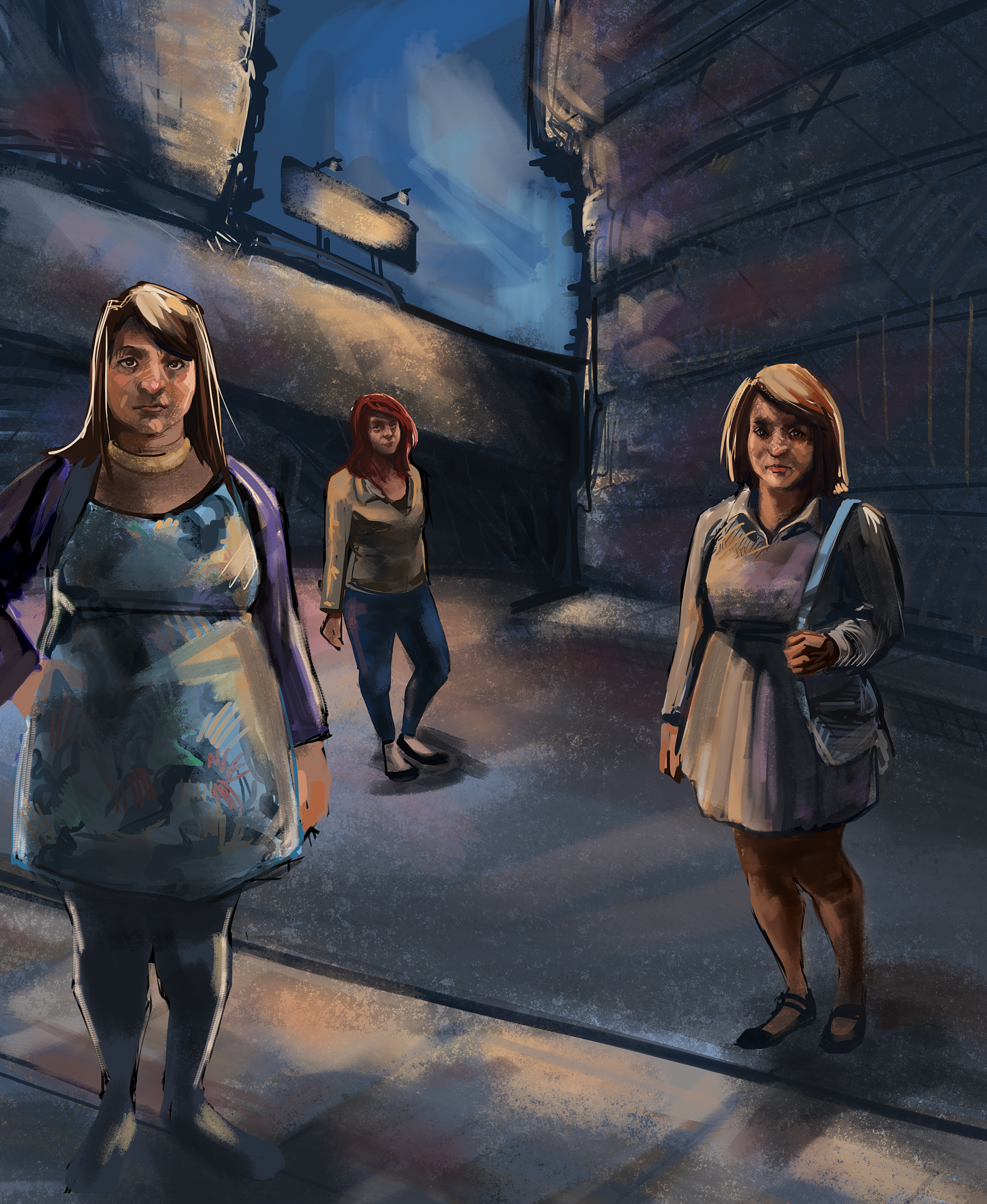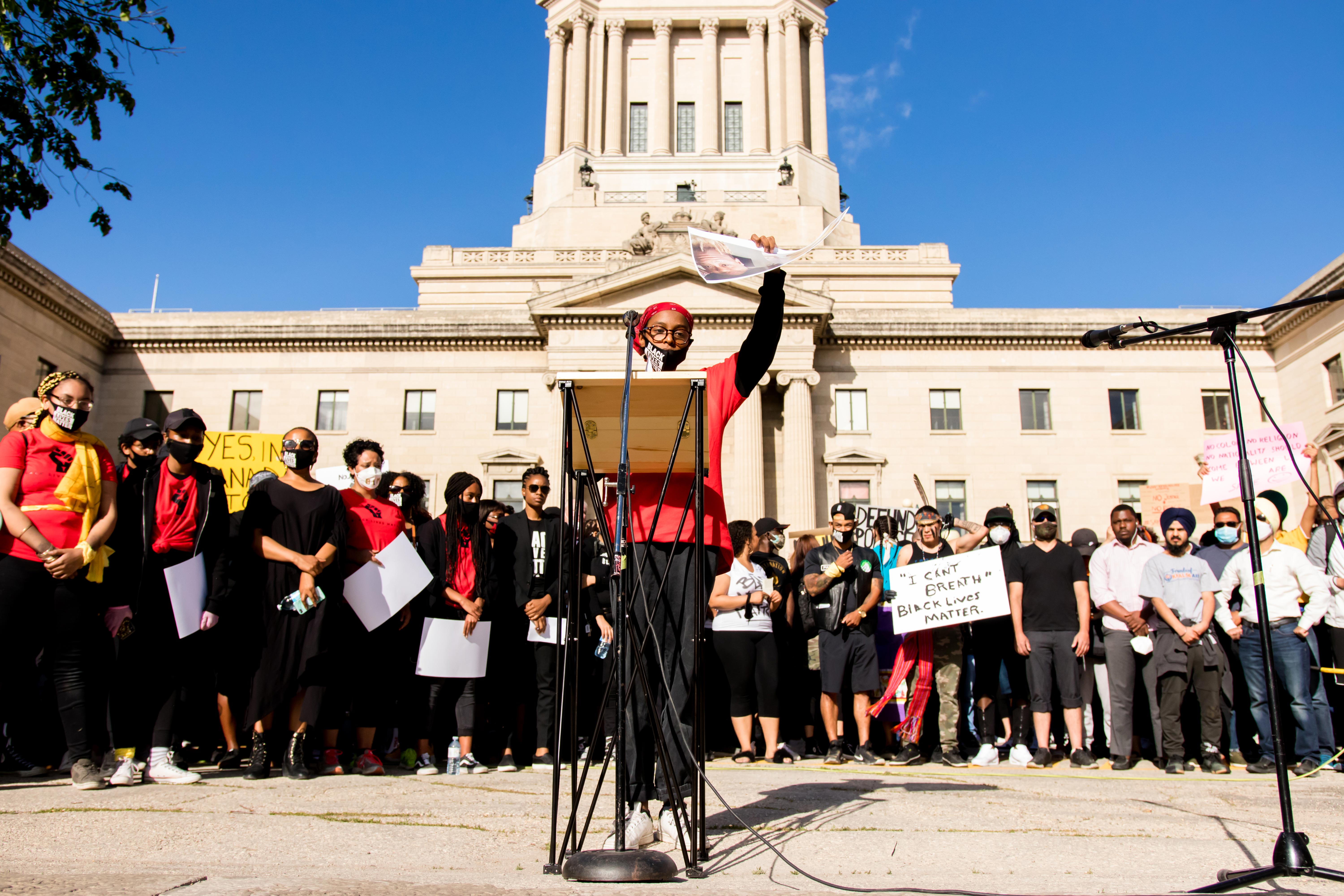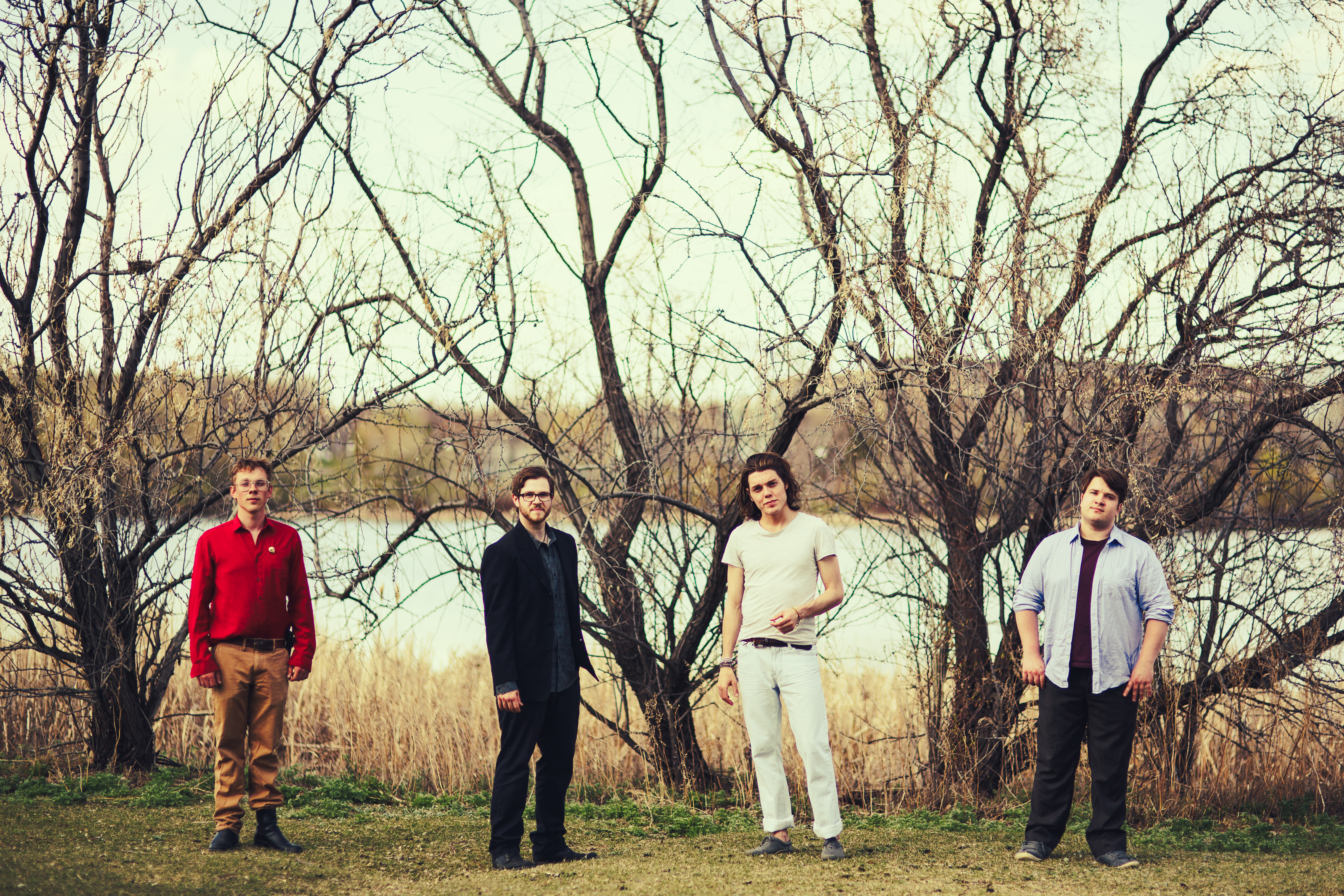Another municipal election is here. Yet, besides an occasional lawn sign or article tucked somewhere in the newspaper, it would not be difficult to forget that an election was even happening. Apathy, it seems, has become the status quo for municipal politics. In the 2006 election, only 38 per cent of people ended up voting. This year, a citywide mayoral forum on poverty and social issues drew a crowd of 25.
But it hasn’t always been this way. Let me take you back to a different time in Winnipeg’s municipal politics. During the 1930s, Winnipeg’s elections were contested between three main groups, each with a radically different vision of how society should work: pro-business candidates, the Independent Labour Party and the Communist Party. There was more at stake than fixing potholes. Candidates did talk about every day issues, but also provided clearly articulated visions of how society as a whole should be organized. These three groups had vastly different conceptions of the government’s role in society and even the future of the capitalist system.
Compared to today’s staid politics, the 1930s were filled with passion, intensity and the occasional dirty trick. Many of the election tactics used during the 1930s would be familiar to us. Door-to-door electioneering was held up as the most effective form of reaching voters. Candidates also had radio and newspaper advertisements and printed election materials highlighting their strengths or criticizing their opponents.
The key to a 1930s election campaign were public meetings and debates, often held in crowded public halls and school rooms. These were the opportunities for candidates to address the public and share their vision for the city. Even when candidates were not directly debating each other, they were aware of what their opponents were saying. Parties would hire a runner to go back and forth from an opponent’s meeting so that their candidates would know what the competitor was saying and provide an instant reply.
Heckling was common at these meetings, as crowd members insulted, shouted down and challenged speakers. While this was at times spontaneous, it could also be planned. A 1930s era RCMP informant said that the communists planned to attend an opponent’s meeting to ask “questions which could not be answered” in an attempt to spoil the meeting.
This was not the only trick in the book. It was common for a party to send its cadres to an opponent’s meeting, only to have them leave loudly throughout the meeting to disrupt proceedings. Another common tactic was to have people rub their chairs back and forth on the floor to create enough noise to drown out a speaker.
Dirty politics extended beyond the floor of an election meeting. Often the Communist Party and Independent Labour Party (ILP) accused the other of running candidates with no chance of winning simply to steal votes from the other. For example, the ILP ran a Ukrainian candidate against a star Ukrainian communist candidate. The ILP’s candidate was far from winning, but likely won enough votes to defeat the communist. More cleverly, the communists ran Saul Simkin against the ILP’s James Simpkin — which the ILP believed was done to deliberately confuse the electorate.
Perhaps it is best that our elections do not seem to have the same type of dirty tactics that were evident in the 1930s. These were elections, however, where people were passionate about the future of their city, where citizens engaged in political debate and discussion. There was a sense that municipal politics were important, were something worth caring about. It is this lesson that we need to bring back to our local electoral culture: local government does matter and it is important for us as citizens to engage with it with the same fervour as Winnipeggers did 80 years ago.
Stefan Epp is a research associate at the University of Manitoba and holds an MA degree in History.




